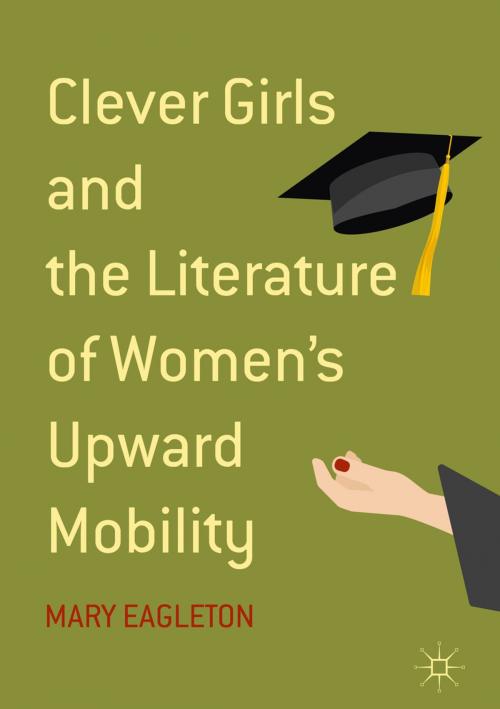Clever Girls and the Literature of Women's Upward Mobility
Nonfiction, Social & Cultural Studies, Social Science, Sociology, Fiction & Literature, Literary Theory & Criticism, History| Author: | Mary Eagleton | ISBN: | 9783319719610 |
| Publisher: | Springer International Publishing | Publication: | February 15, 2018 |
| Imprint: | Palgrave Macmillan | Language: | English |
| Author: | Mary Eagleton |
| ISBN: | 9783319719610 |
| Publisher: | Springer International Publishing |
| Publication: | February 15, 2018 |
| Imprint: | Palgrave Macmillan |
| Language: | English |
This book follows the figure of ‘the clever girl’ from the post-war to the present and focuses on the fiction, plays and memoirs of contemporary British women writers. Spurred on by an ethic of meritocracy, the clever girl is now facing austerity and declining social mobility. Though suggesting optimism, a public discourse of ‘opportunity’, ‘aspiration’ and ‘choice’ is often experienced as an anxious and chancy process. In a wide-ranging study, the book explores the struggle to move away from home and traditional notions of femininity; the persistent problems associated with women’s embodiment; the pressures of class and racial divisions; the new subjectivities of the neoliberal era; and the generational conflict underpinning austerity. The book ends with a consideration of feminism’s place as a phantom presence in this history of clever girls. This study will appeal to readers of contemporary women’s writing and to those interested in what has been one of the dominant social narratives of the post-war period from upward to declining mobility.
This book follows the figure of ‘the clever girl’ from the post-war to the present and focuses on the fiction, plays and memoirs of contemporary British women writers. Spurred on by an ethic of meritocracy, the clever girl is now facing austerity and declining social mobility. Though suggesting optimism, a public discourse of ‘opportunity’, ‘aspiration’ and ‘choice’ is often experienced as an anxious and chancy process. In a wide-ranging study, the book explores the struggle to move away from home and traditional notions of femininity; the persistent problems associated with women’s embodiment; the pressures of class and racial divisions; the new subjectivities of the neoliberal era; and the generational conflict underpinning austerity. The book ends with a consideration of feminism’s place as a phantom presence in this history of clever girls. This study will appeal to readers of contemporary women’s writing and to those interested in what has been one of the dominant social narratives of the post-war period from upward to declining mobility.















